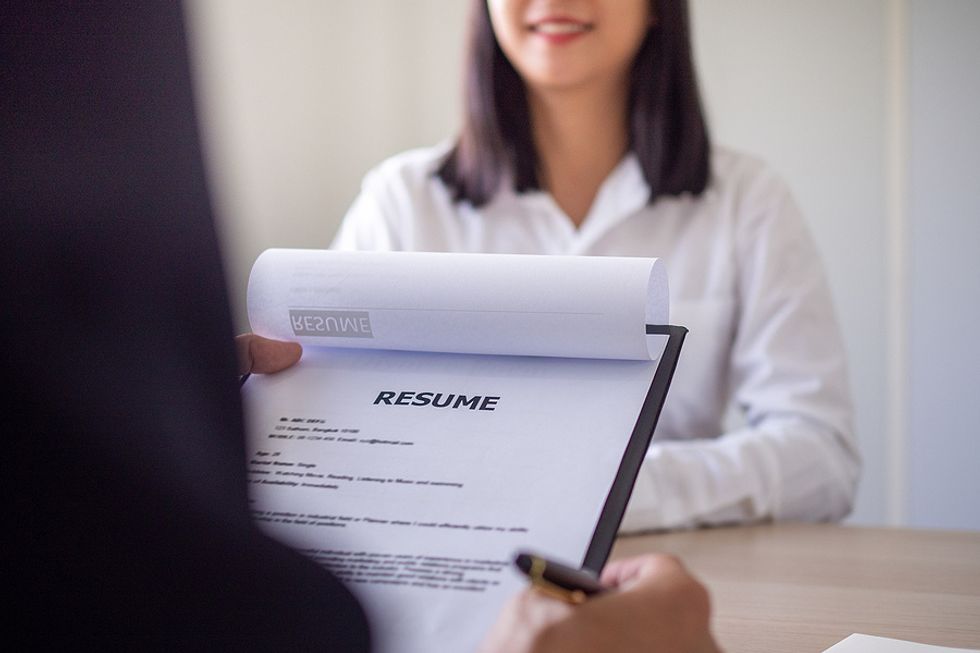5 Things That Will INSTANTLY Make You More Employable

Whether you were fired, laid off, let go, want to make a career change, or just quit your job, it’s important to find activities that will make you more employable when you’re out of work. Otherwise, you’ll have a hard time keeping up with qualified job candidates who aren’t desperate for a job.
Also, you’ll have a lot of explaining to do when it comes to addressing employment gaps on your resume. Your goal is to fill those employment gaps with productive activities that are relevant to your field.
So, when you’re unemployed, don’t waste valuable time just sitting around applying for jobs online. Instead, make yourself more employable by doing one (or more!) of these resume boosters:
Upskilling
Upskilling is one of the best ways to give your resume a boost. Think about skill sets that would give you an edge in your industry or target job. Then, determine how you can get those skill sets.
Consider certificate programs, online courses, workshops, free webinars and video tutorials, or professional clubs. Even though you’re not currently working, you’re proactively finding ways to stay relevant in your industry. That fact alone can give you a huge leg up in your job search.
Temp Work

Working with temp agencies (or staffing agencies) is a great in-between-jobs option for professionals.
These agencies will match you with companies and place you in temporary jobs. This type of work can lead job seekers to some great opportunities because it allows them to get paid for their work (although minimal), network with different companies, figure out which companies could be a good fit, and potentially receive a full-time job at one of the companies.
Part-Time Work

If you can find a part-time job that allows you to hone your current skill sets or build new ones, this is another great way to get a paycheck as well as fill those pesky resume gaps.
Remember, while it would be ideal to find something in your industry, you don’t always have to do that. Think about what transferable skills you can gain from a part-time opportunity. How will the skills you use in this part-time job transfer to your target job?
Volunteering

While it doesn’t pay, volunteering is a great way to keep yourself busy, sharpen your skill sets, and network with like-minded people. Find organizations in your area that relate to your field or interests and start making a difference in your community!
Blogging

When blogging first came on the scene, people used it as a way to share their diaries, opinions, and useless knowledge with the world. While some still use blogging as a tool to share their personal lives with the world, others use it more strategicallyâand you should, too! Think about your industry. What advice, insight, ideas, or issues can you write about?
Writing about things that matter in your field can help you establish yourself as an expert in your industry. When recruiters Google you and they see that you’ve been actively writing about your industry, you’ll score brownie points because you’re taking steps to be a thought leader in your field (and most employers dig thought leaders).
Instead of spending all of your time sitting on your couch simultaneously searching for jobs while watching reruns of Friends, find ways to stay active in your field. It can really pay off!
Need more help with your job search?
Become a member to learn how to land a job and UNLEASH your true potential to get what you want from work!
This article was originally published at an earlier date.












































